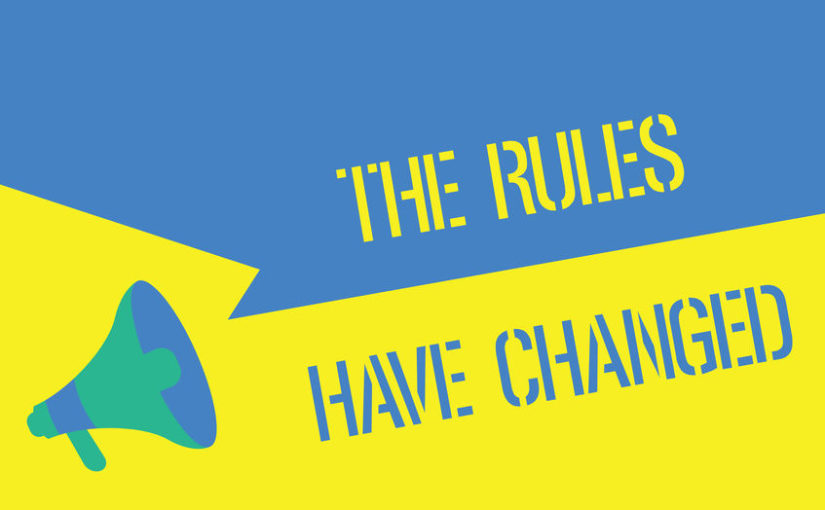
What’s the difference between a habit and a rule? I had a recent experience with some teenagers that illustrates why habits are more powerful.
I was hosting several teens in my home for a weekend. At the end of each meal a few of the kids consistently said thank you and took their plates to the kitchen. It was obviously a habit, one they gave no thought to; they just did it.
The other kids had to be reminded to say thanks, and asked to clear their plates. For them, it was an externally imposed rule. It was clearly perceived as “extra” work for these kids.
For the habit kids, it was reflex, like brushing your teeth. You don’t think, “Oh god, someone is asking me to brush my teeth again. This is going to take two full minutes; it’s so inconvenient.” You just do it. If you’re totally wiped you might forget. But on a daily basis it doesn’t feel like an inconvenience.
Observing the kids got me thinking about what leaders can do to set your team – at home or work – up for success. You probably don’t consider brushing your teeth burdensome because someone, likely your parent, told you, “This is what we do every night.” It wasn’t a big nasty rule. It was part of the routine. You probably got reminded often, until it became a personal habit.
Good habits can start as externally imposed rules. They’re more likely to become personal habits if the leader sets the expectations early, and reinforces constantly. For example, in the workplace, if you set the expectation, we treat coworkers with respect and answer their calls on the same business day, make a point to notice if calls go unanswered. If someone previously worked somewhere this wasn’t the expectation, within 30 days it can become a habit here. It’s far easier to teach people a good habit before they develop a bad habit.
With manners, the easiest time to them is when you’re teaching your children how to talk. It becomes part of their natural lexicon. The same applies to chores, teaching a two-year-old that clearing your plate is part of eating, is much easier than trying to impose a rule on a surly twelve-year-old.
Good manners set children up for success with the entire world. During the weekend, I had to keep reminding myself, the non-habit kids aren’t bad kids. It’s not their fault, they simply weren’t taught manners. But if I’m honest, I found myself responding more positively to the thank you, clear your plate, habit kids.
Children with good manners get a better reception from adults. Then they’re more likely to perceive adults as generally likeable and helpful, so they approach adults positively. This increases the help and support they get from adults, which improves their opportunities. Every parent alive remembers the friend who greeted you with a warm hello and offered to help you bring in the groceries.
Compare that to kids with poor manners. They’re not treated as warmly by adults, so they’re more likely to think of adults as the negative people who impose rules, which means they don’t seek out their help, which, of course impacts their opportunities.
If you’re an organizational leader, reread the above section. Replace kids with team, and manners with any workplace behavior. Then ask yourself, how am I helping my team create habits for success?